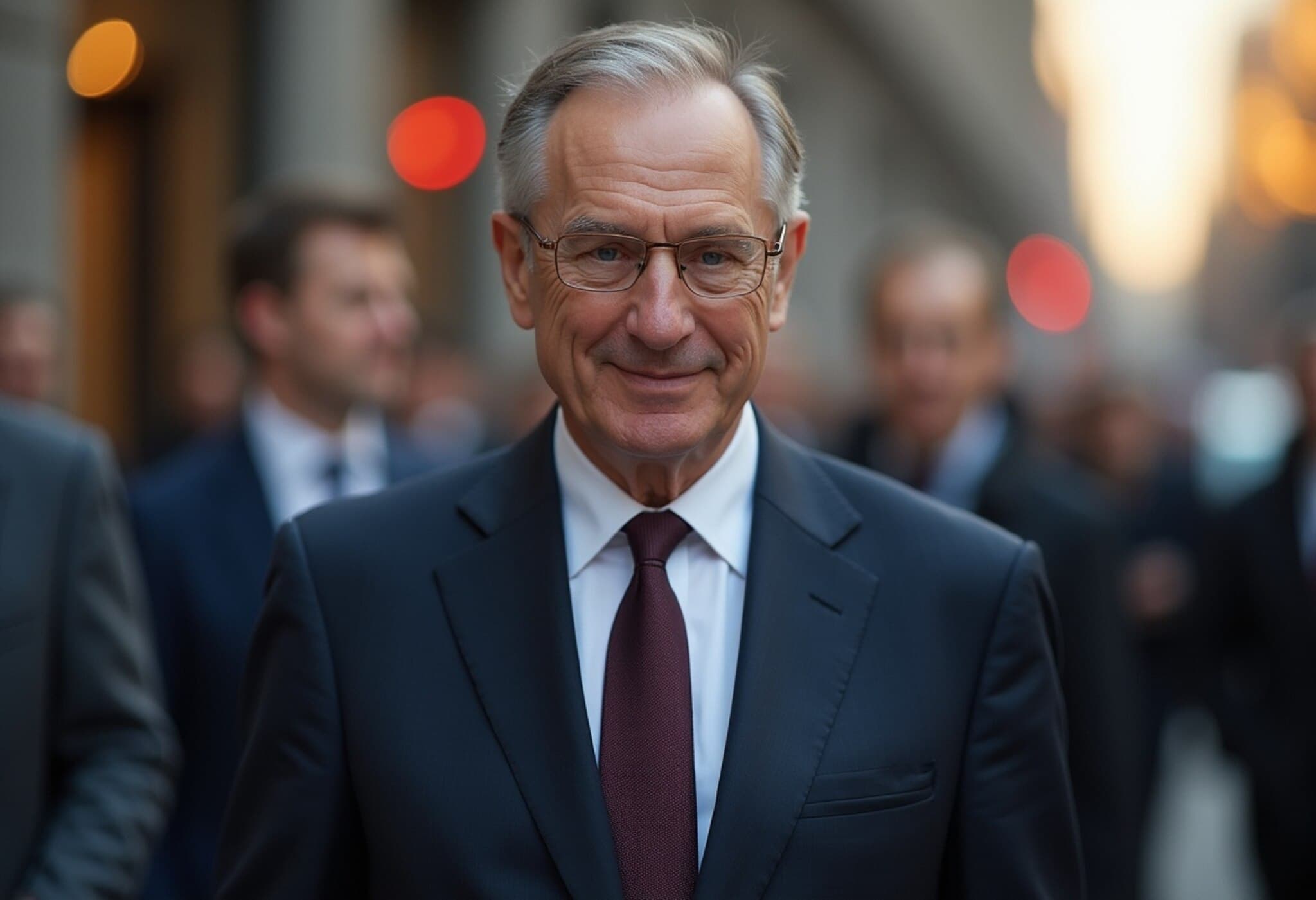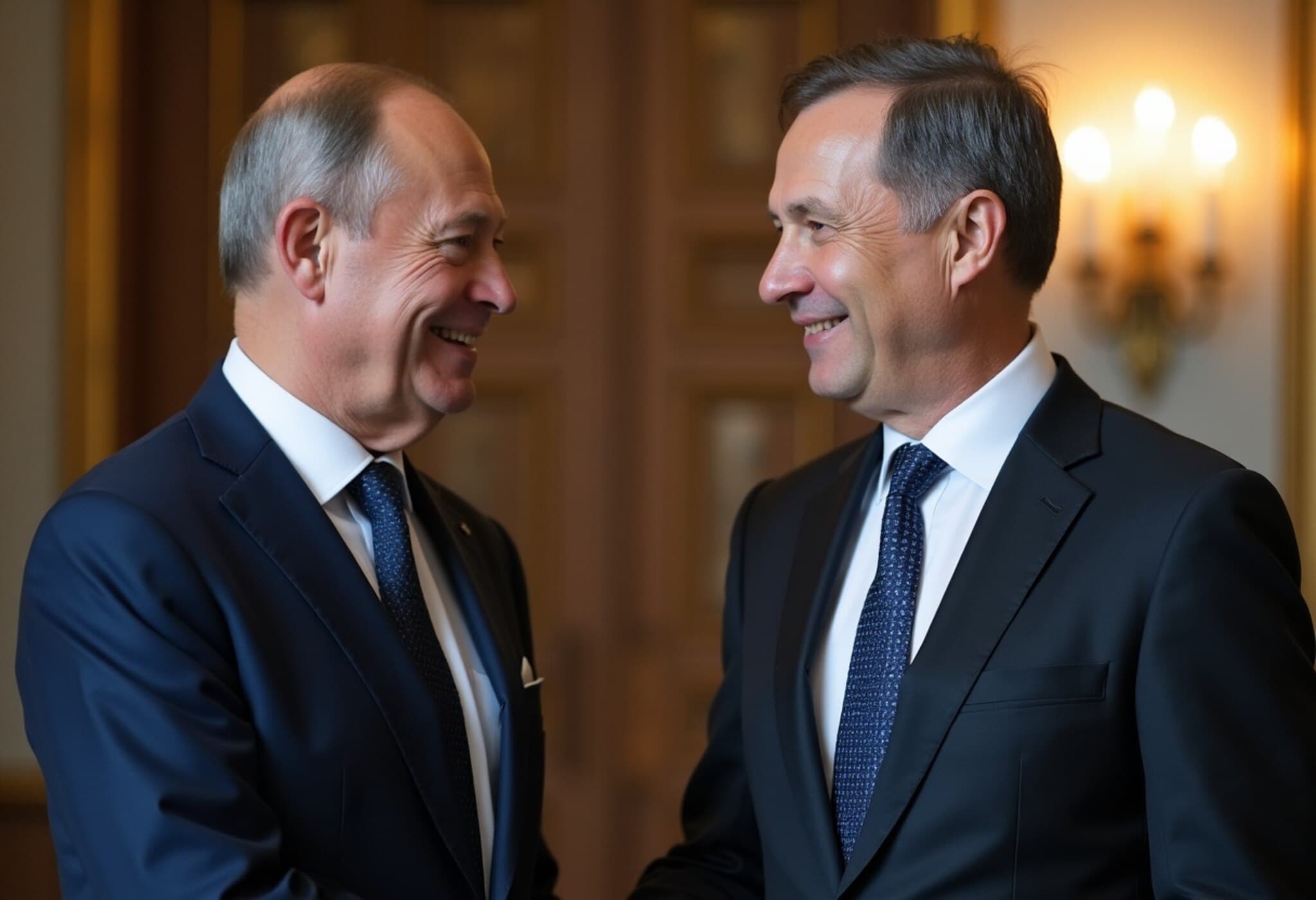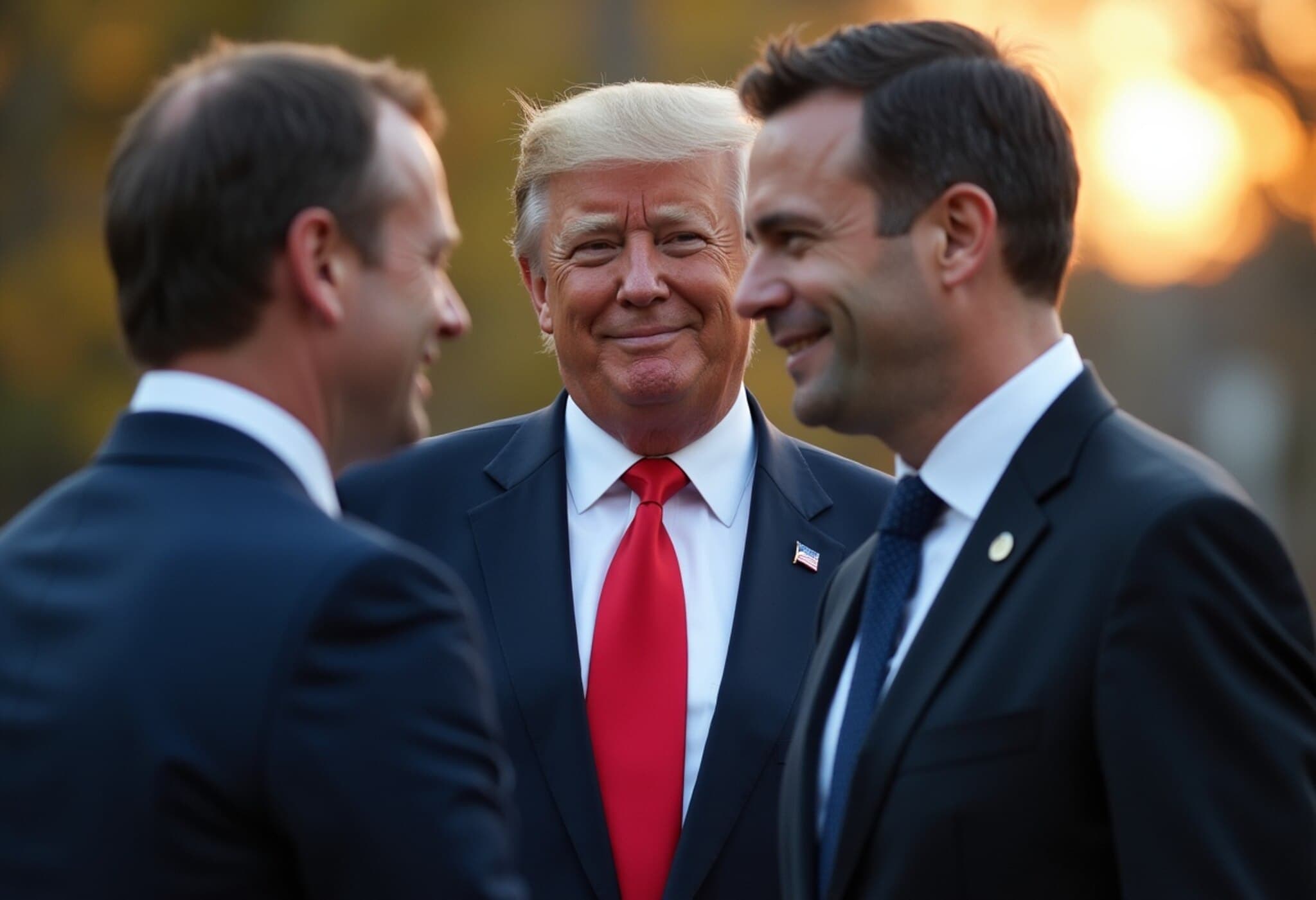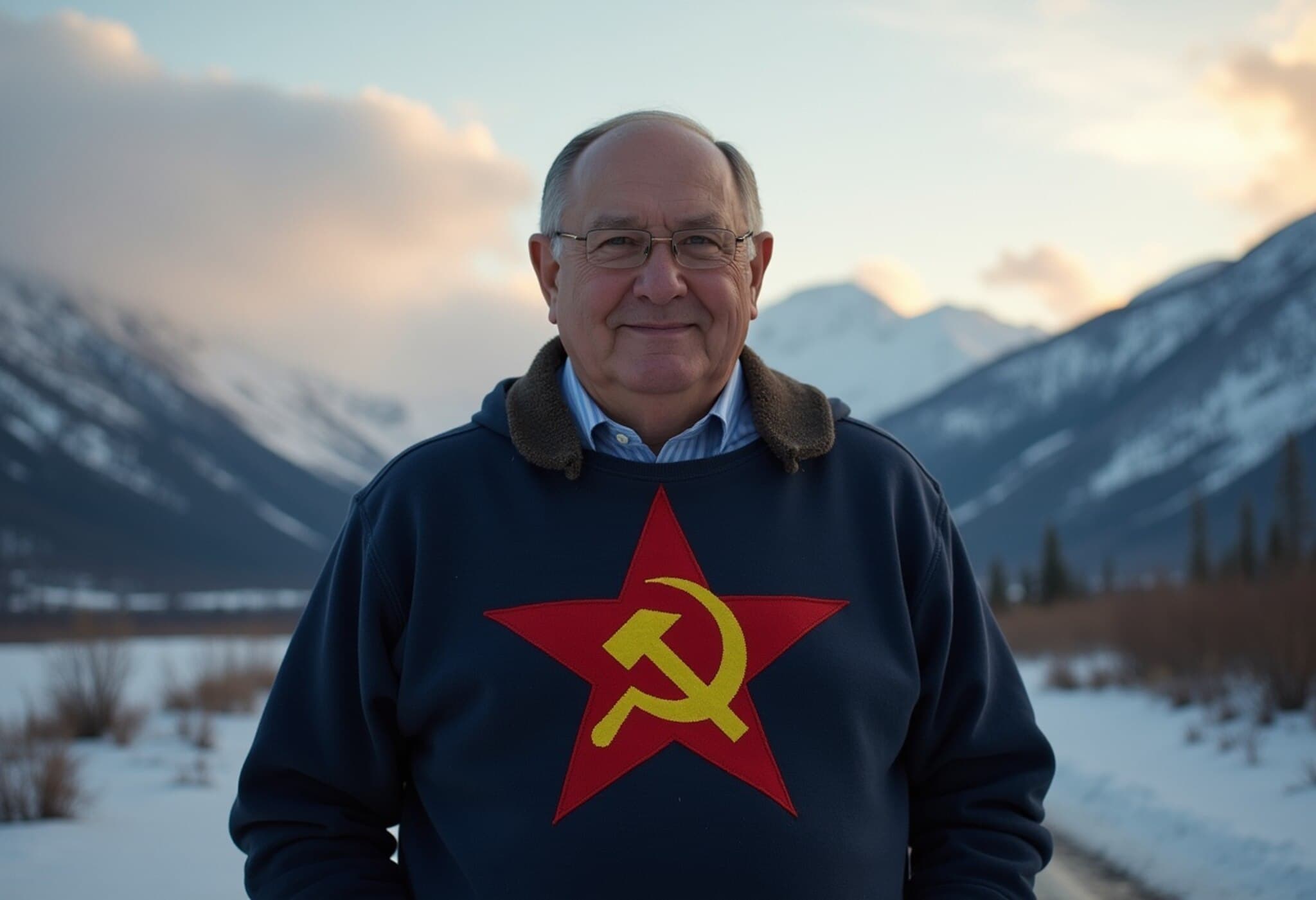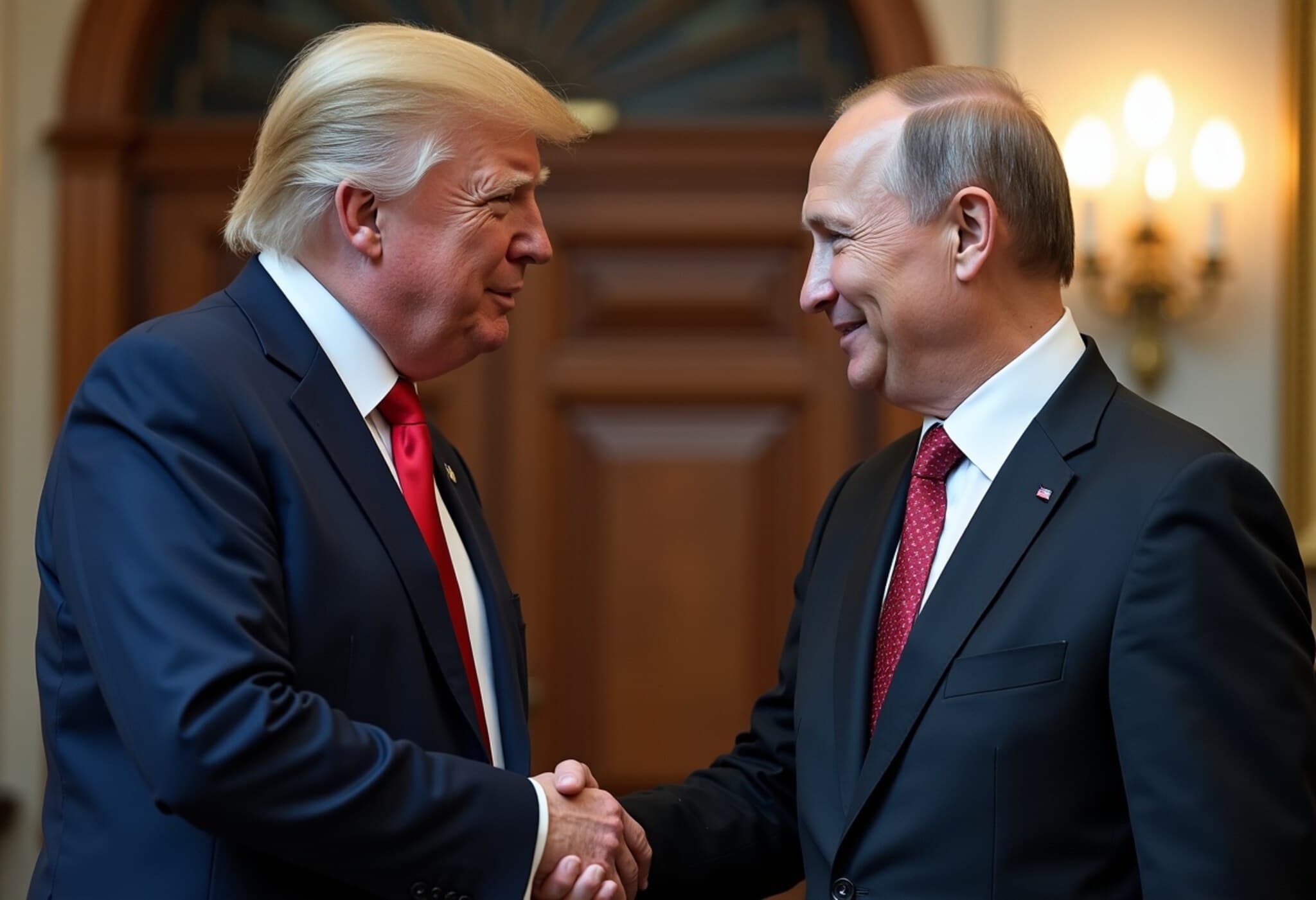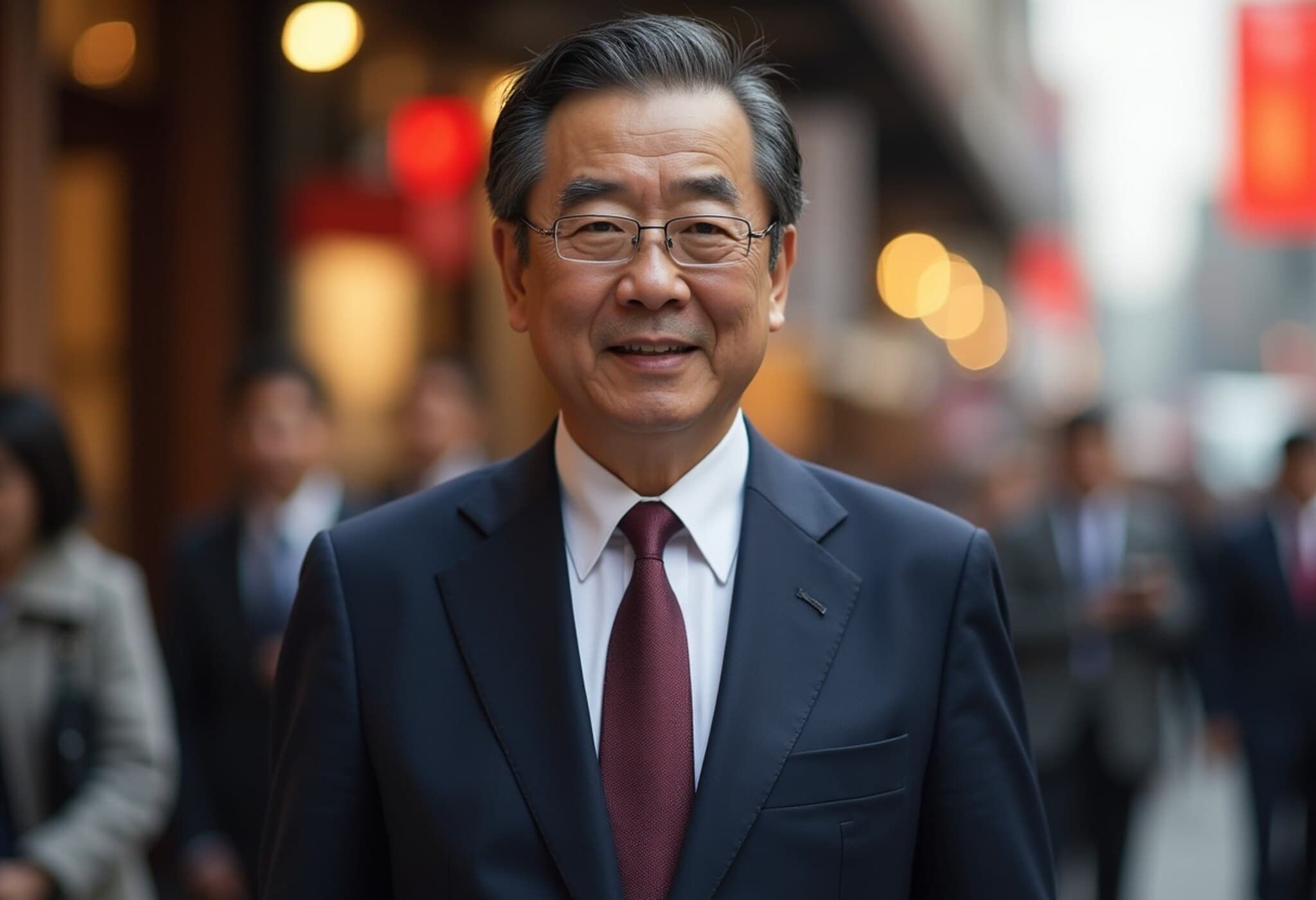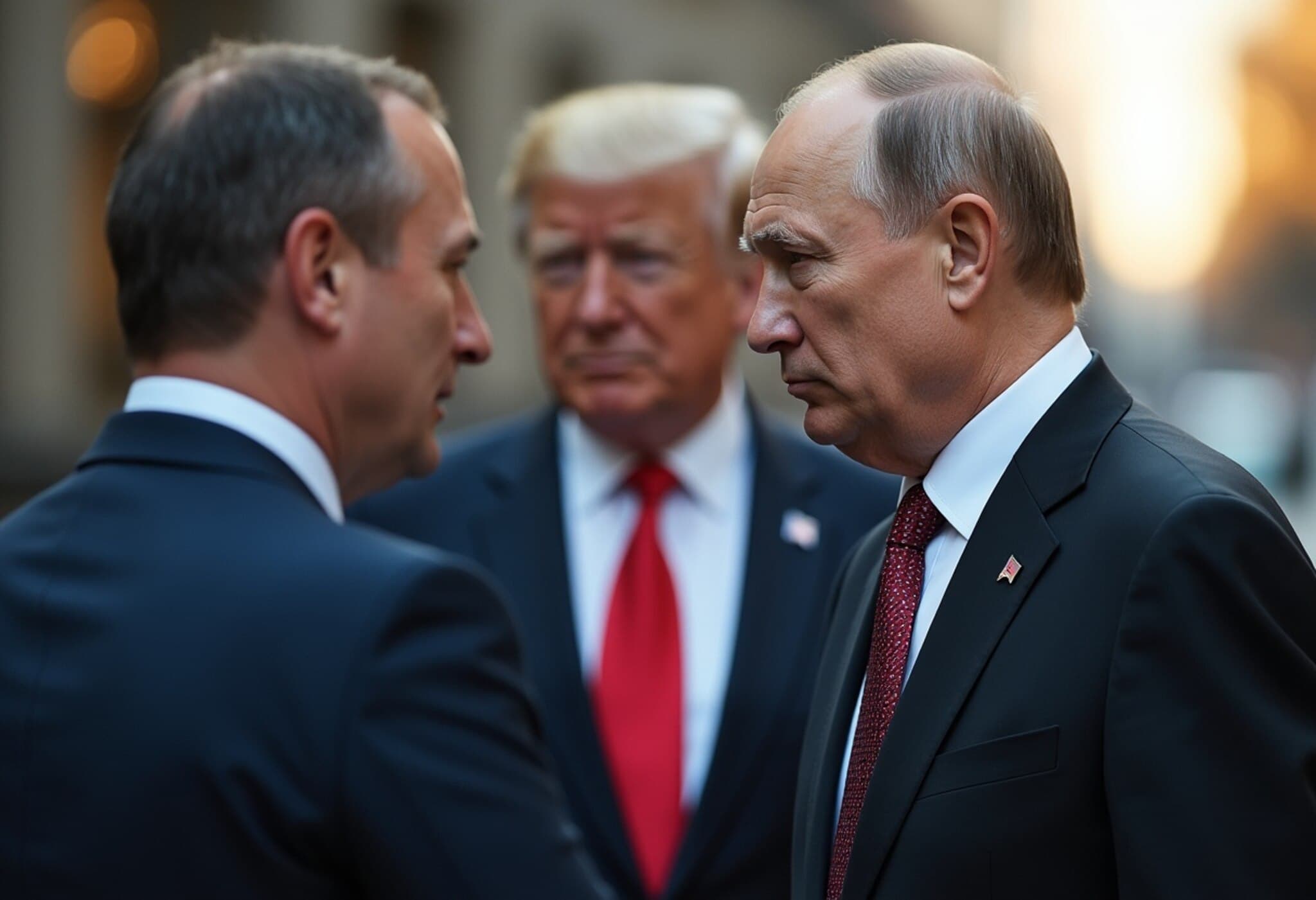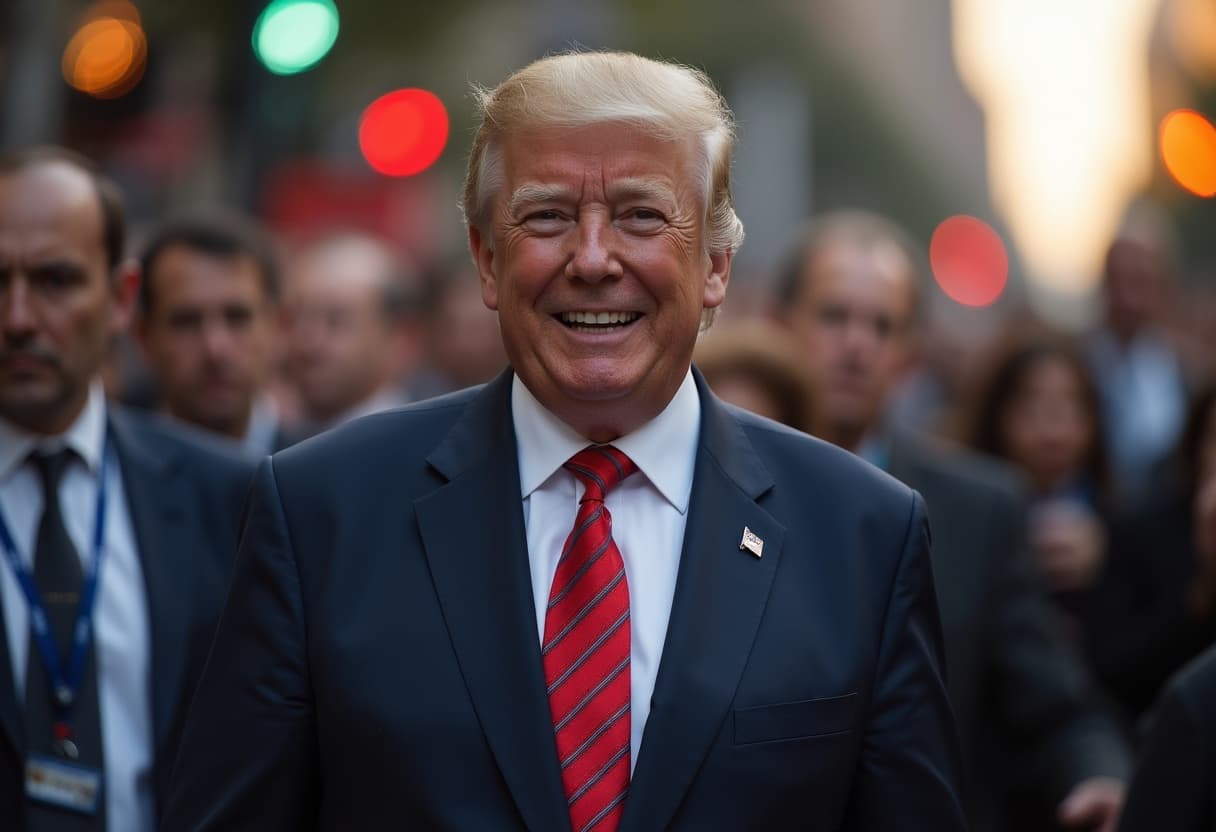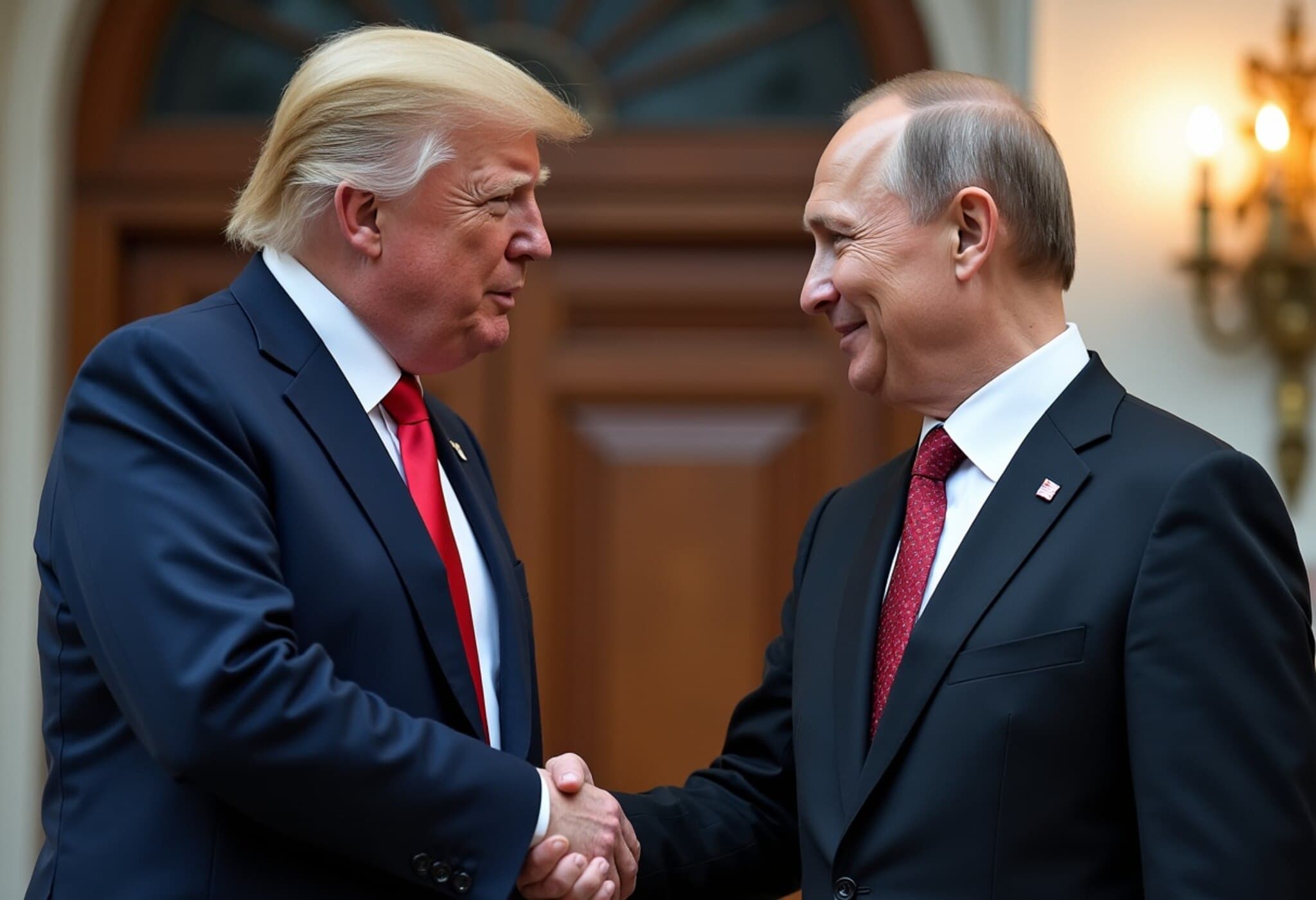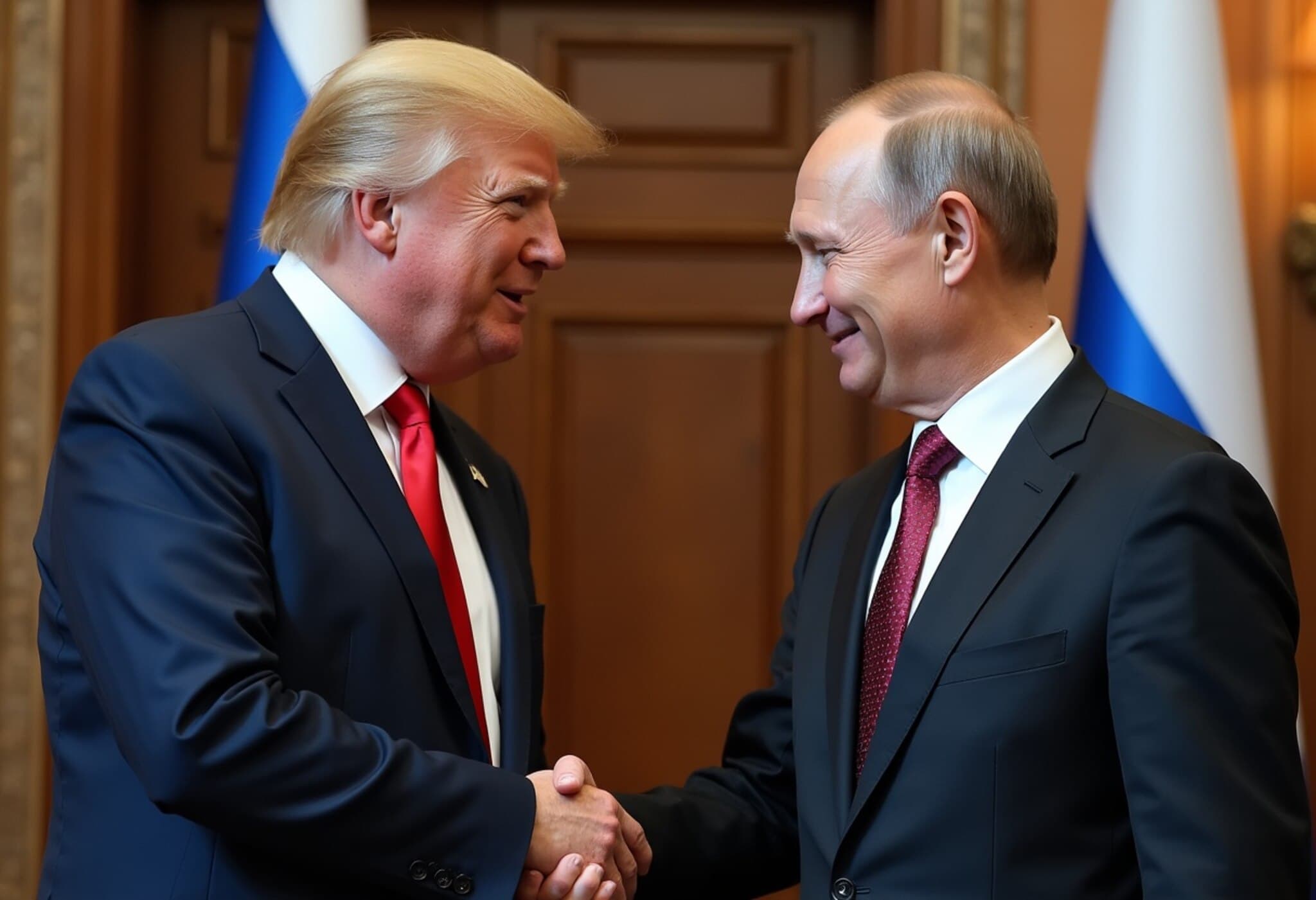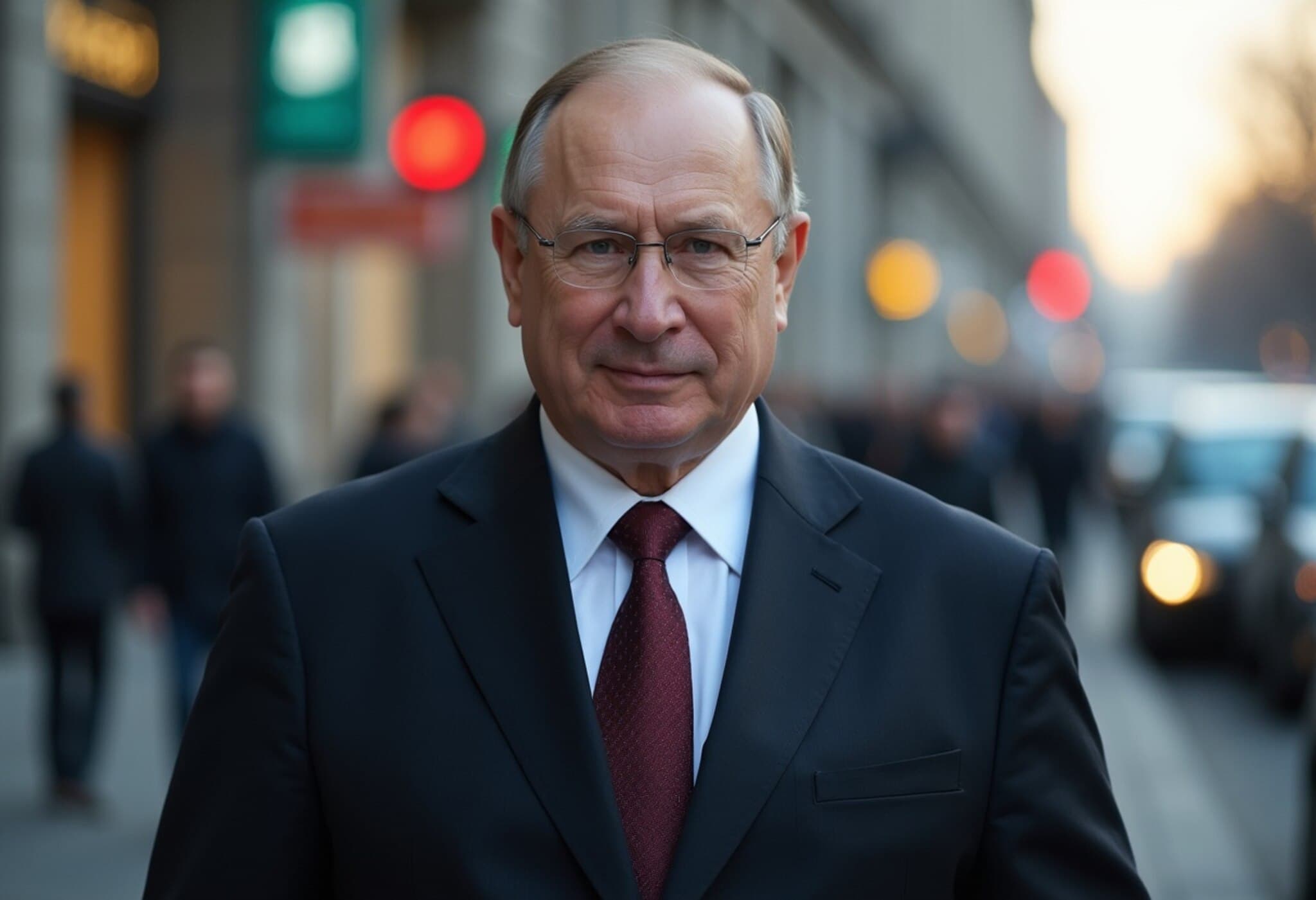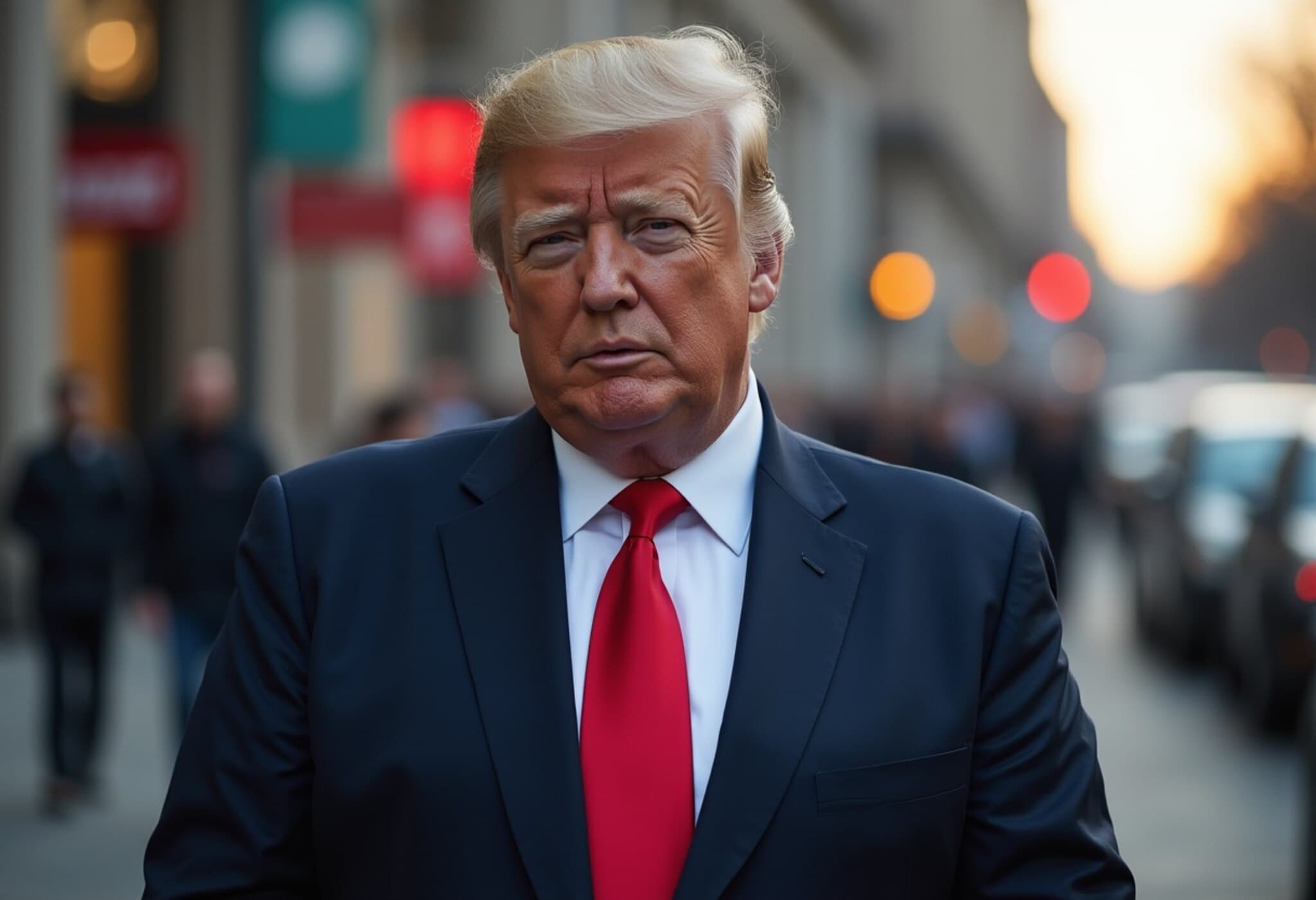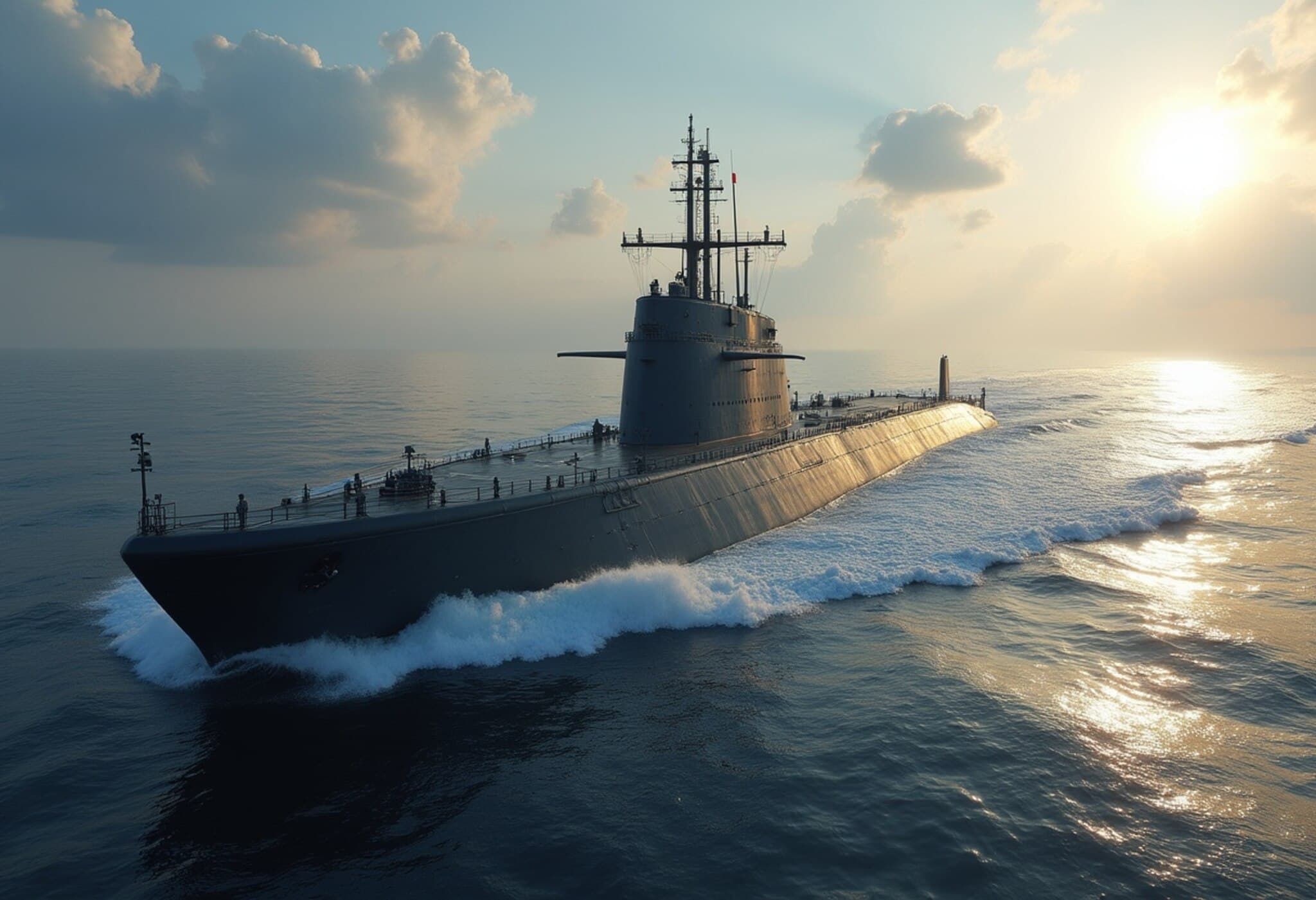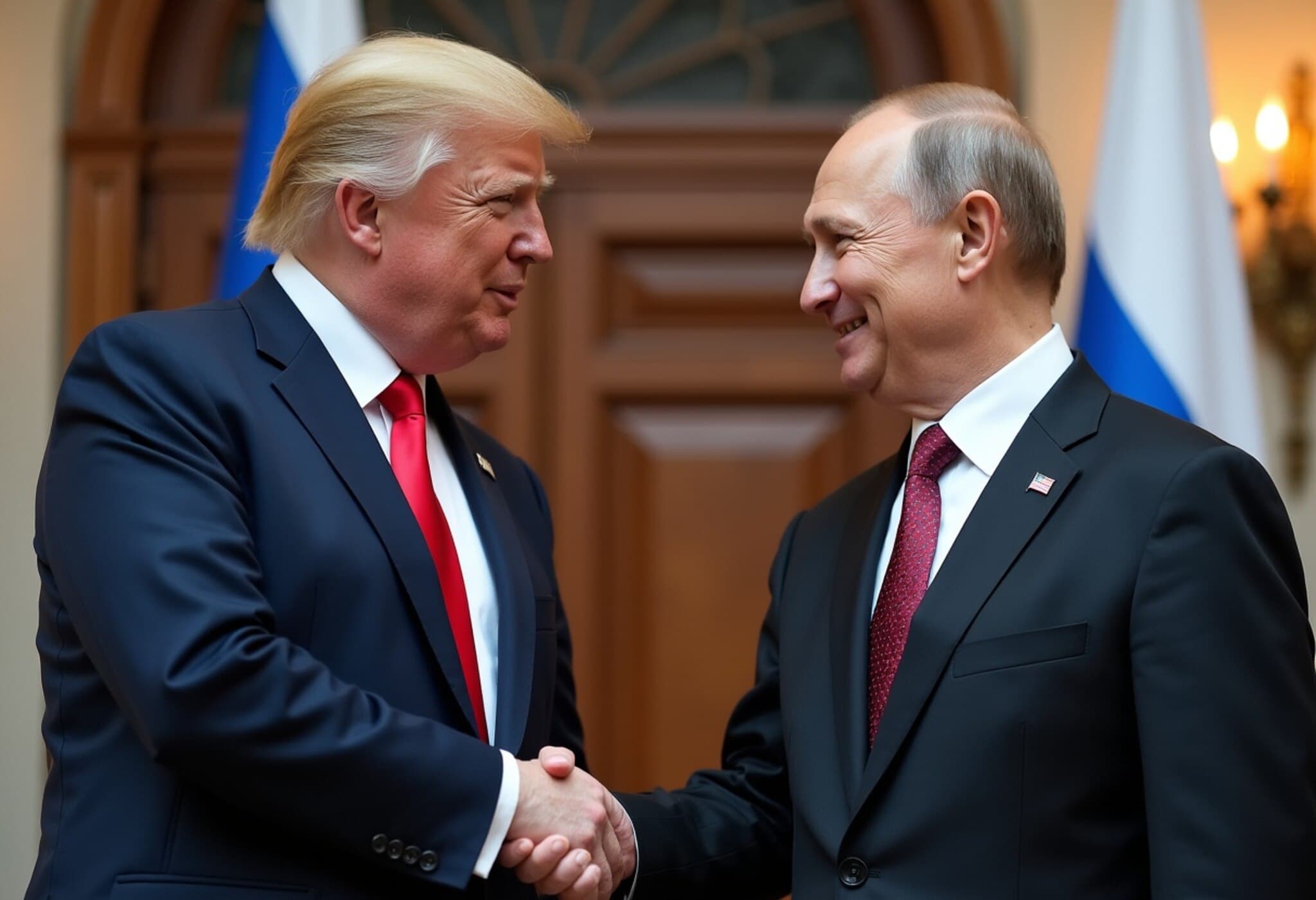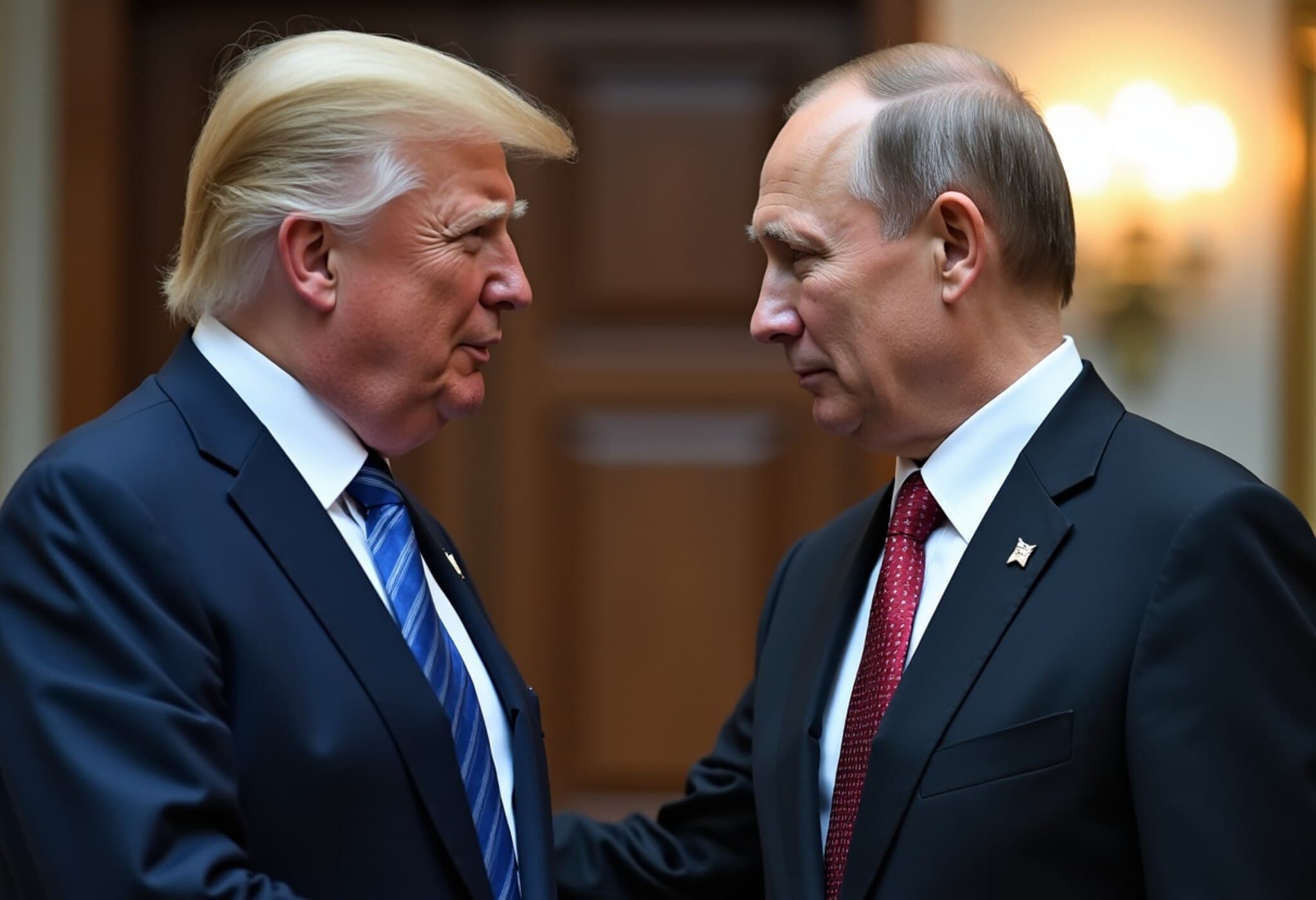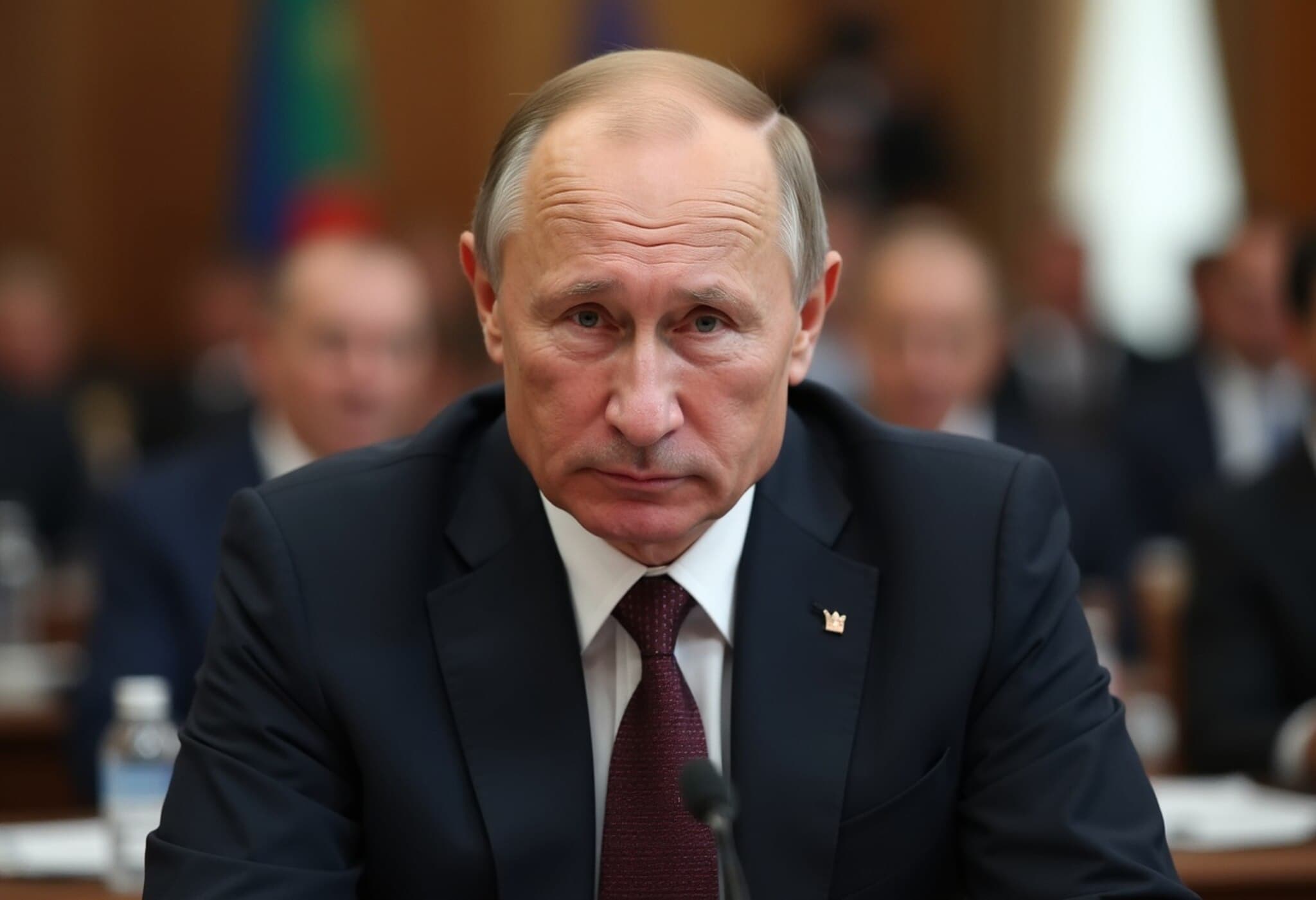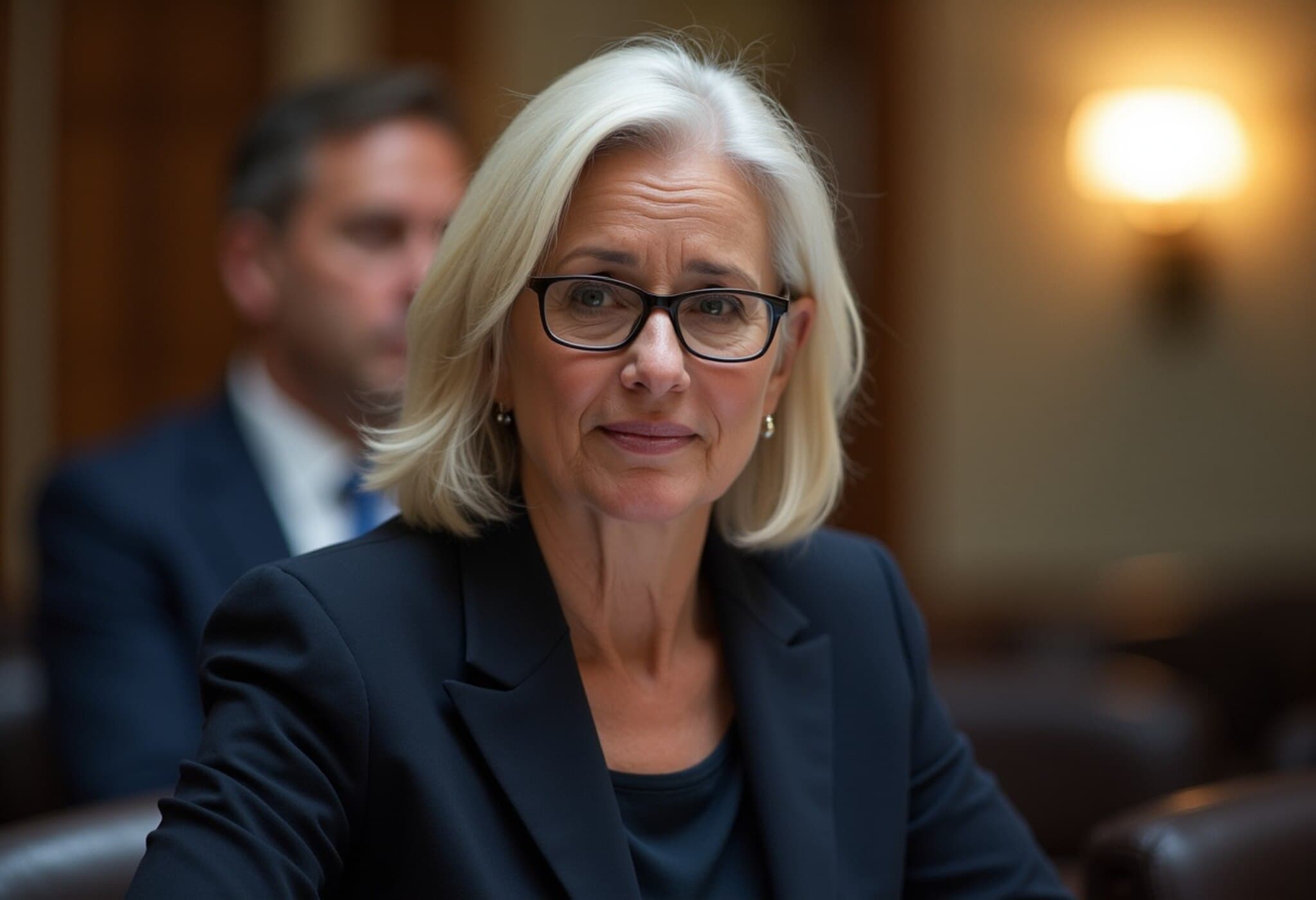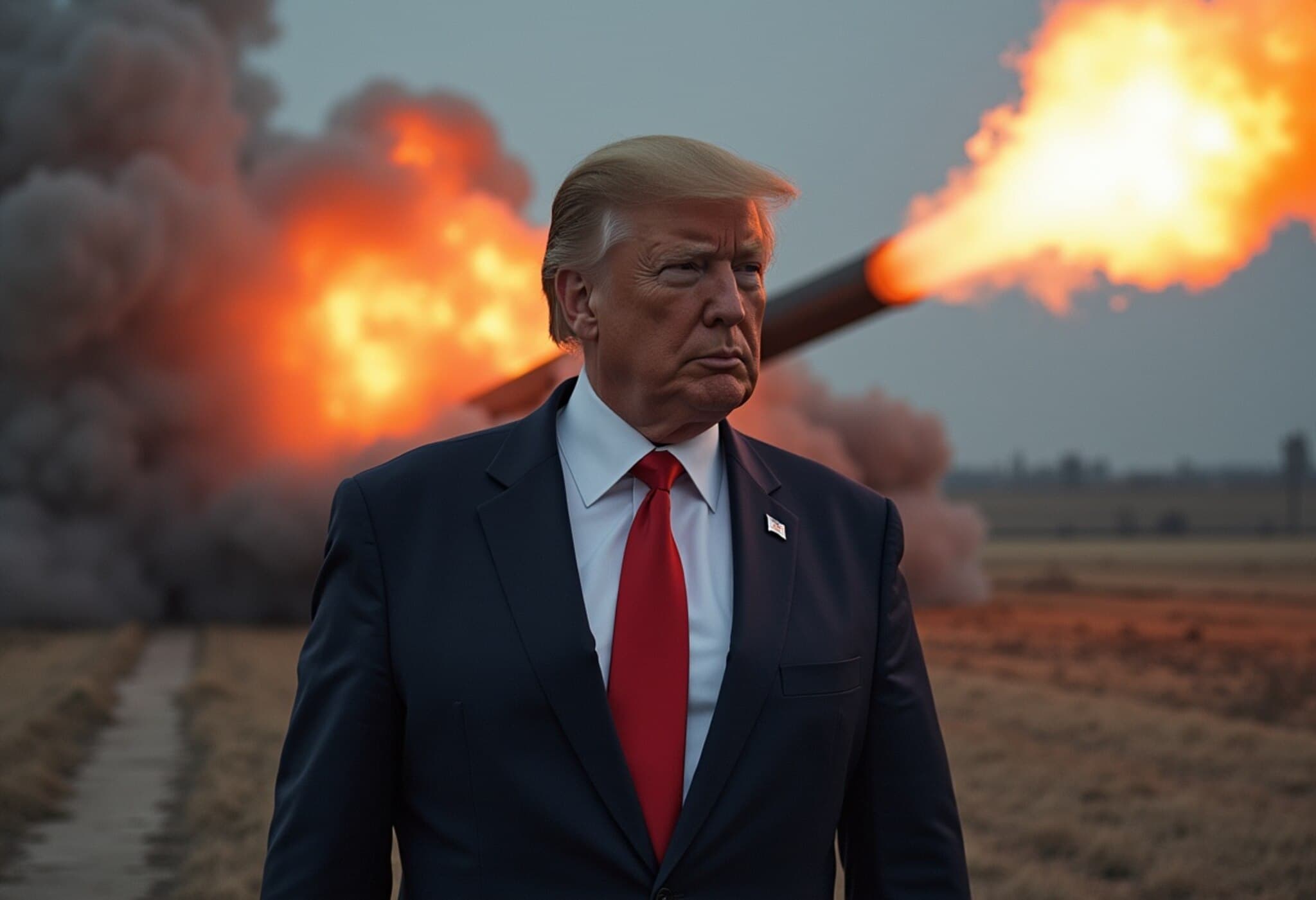From Western Reformer to Kremlin’s Loudmouth: The Medvedev Transformation
When Russia launched its war against Ukraine, Dmitry Medvedev, the country’s former president and prime minister, found himself at a crossroads. Once viewed as a symbol of cautious modernization and a potential bridge to the West, Medvedev has since morphed into a provocative figure whose bellicose rhetoric starkly contrasts with his earlier image—paradoxically making Vladimir Putin appear comparatively moderate on the world stage.
The Early Medvedev: The ‘Soft Power’ Technocrat
Between 2008 and 2012, Medvedev represented a milder face of Russia’s leadership. Seen as an advocate for reform, he signed significant treaties like the 2010 nuclear arms reduction agreement and championed Russia’s accession to the World Trade Organization. His efforts focused on reducing Russia’s dependence on hydrocarbon revenues and modernizing the country’s technology sector. Meetings with Western leaders and trips to Silicon Valley underscored his image as a pragmatic, modern statesman.
Yet insiders and analysts have long viewed Medvedev as Putin’s loyal stand-in, a ’puppet’ in the words of many, but one with a subtle, less aggressive approach. His actual power was limited. When he stepped down as president, ceding the position back to Putin, Medvedev became prime minister—a role that was more ceremonial than authoritative.
The Era of Marginalization and Public Humiliation
Following his premiership, Medvedev’s public standing eroded dramatically. Once a figure of some hope for reform-minded factions within Russia, he became a convenient lightning rod for public discontent. Investigations exposed his opulent lifestyle, including luxury estates and castles, undermining his credibility.
His awkward public appearances—such as an infamous dad-dancing moment to American pop music—became fodder for ridicule, amplifying his fall from grace. The Kremlin’s propaganda apparatus painted him as weak and ineffective, while rumors of heavy drinking damaged his reputation within elite circles. This period clearly took a psychological toll on him and left his political prospects uncertain.
Why the New, Aggressive Medvedev?
Experts argue that Medvedev’s recent sharp pivot stems from the shifting dynamics within the Russian elite since the onset of the Ukraine war. According to Farida Rustamova, an exiled Russian journalist, the Kremlin’s security apparatus views Medvedev as the residual figurehead for any liberal-leaning elements remaining in the regime. His inflammatory rhetoric serves as a way to demonstrate fealty to the increasingly hawkish line of the Kremlin.
Moreover, with many close allies imprisoned amid anti-corruption campaigns and political purges, Medvedev’s survival strategy in a rapidly tightening political environment has been to double down on aggression and propaganda.
Medvedev’s Nuclear Rhetoric and Its Geopolitical Resonance
Medvedev’s recent social media tirades include threats of nuclear attacks on Western capitals such as London, Washington, and Paris, and insults hurled at Western leaders—including disparaging remarks about U.S. President Joe Biden. These comments have unnerved international observers, with some likening his style to that of Donald Trump’s bombastic unpredictability.
However, as Rustamova and Kremlin watchers suggest, this bluster might be a strategic façade. Medvedev’s role as deputy chairman of the Russian National Security Council places him in a privileged position to receive unvarnished briefings from Putin—indicating his outbursts could be deliberately scripted provocations. This “outlier” tactic allows Putin to present himself to foreign interlocutors as the measured alternative, claiming he's restrained the more radical elements represented by Medvedev.
Implications for U.S.-Russia Relations and Future Stability
As tensions between Moscow and the West mount, Medvedev’s inflammatory declarations contribute to an environment of heightened anxiety and unpredictability. Notably, his references to Russia’s “Dead Hand” nuclear system—the semi-automated retaliatory mechanism—bring once-abstract fears closer to public discourse.
For policymakers in Washington and allied capitals, understanding Medvedev’s position within Russia's power hierarchy is essential. His rhetoric may not reflect official Kremlin policy but does influence perceptions of Russia’s strategic posture. This duality complicates diplomacy, as Western leaders must discern between Putin’s actual intentions and the noise generated by figures like Medvedev.
Expert Insight: The Psychological and Political Costs for Medvedev
Insiders like Peter Mironenko, a journalist experienced in covering Russian politics, note that Medvedev’s transformation is as much psychological as political. The humiliation and marginalization he suffered appear to have hardened his persona, pushing him into a role that supports the Kremlin’s hardened war stance.
His survival in the powerful yet precarious Kremlin ecosystem now depends on projecting unwavering loyalty, even at the expense of his earlier reformist ideals. This shift highlights the perilous nature of Russian elite politics where ideological flexibility—or its absence—can dictate political survival or downfall.
What Lies Ahead?
Medvedev’s trajectory offers a cautionary tale about how political climates and personal ambitions intersect in autocratic regimes. It raises pressing questions:
- To what extent is Medvedev’s current fury authentic versus Kremlin stagecraft?
- How does his behavior shape external perceptions of Russia’s strategic intent?
- What does Medvedev’s decline and reinvention reveal about Putin’s consolidation of power and the closing space for dissent within Russia?
Editor’s Note
Dmitry Medvedev’s evolution from a Western-leaning technocrat to a vociferous Kremlin hawk underscores the complexities of navigating political survival in Russia’s evolving power structure. His increasingly incendiary rhetoric serves as a lens into Kremlin tactics—blending genuine hardline posturing with calculated messaging to Western audiences. Observers should remain wary of conflating Medvedev’s fiery outbursts with Kremlin consensus, while acknowledging their role in shaping global perceptions and escalating tensions. Medvedev’s story is a poignant reminder of how personal ambitions and systemic pressures intertwine in shaping the narratives of international conflict.

